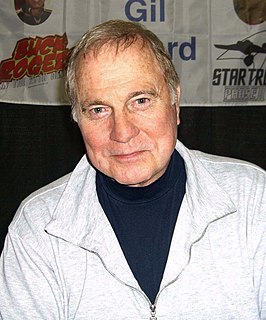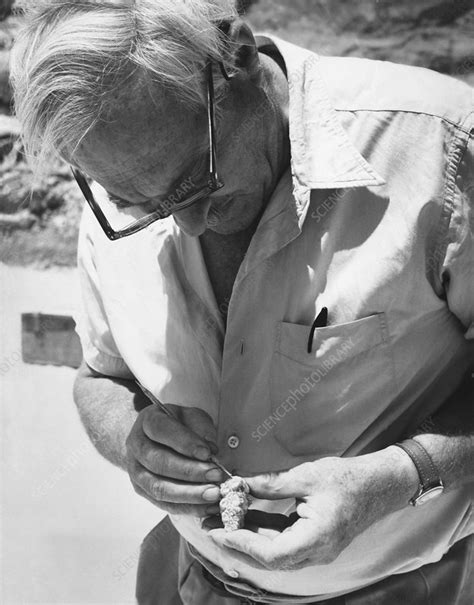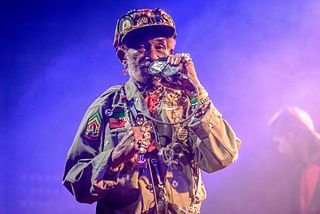A Quote by Michio Kaku
Our astronauts, when they go orbiting around the earth, they actually come back slightly younger than a twin that they would have on the planet Earth who was stationary. This is called the twin paradox.
Related Quotes
Our planet has been around only for four and a half billion years. Let's imagine a planet that has life on it such as life is on Earth and it's seven billion years old. Let's say that planet evolved intelligence. Well, that intelligence would be way more advanced than what we call intelligence here on Earth. How long has intelligence been around on Earth as we've come to define it?
Suppose that 'Unsolved Mysteries' called you with news of a long-lost identical twin. Would that suddenly make you less of a person, less of an individual? It is hard to see how. So, why would a clone be different? Your clone would be raised in a different era by different people - like the lost identical twin, only younger than you.
Science has an uncomfortable way of pushing human beings from center stage. In our prescientific stories, humans began as the focal point of Nature, living on an Earth that was the center of the universe. As the origins of the Earth and of mankind were investigated more carefully, it became clear that Nature had other interests beyond people, and the Earth was less central than previously hoped. Humankind was just one branch of the great family of life, and the Earth is a smallish planet orbiting an unexceptional sun quite far out on one arm of a run-of-the-mill spiral galaxy.
Because we were orbiting the earth faster than earth spins on its axis, we went around the earth 16 times a day, an earth day, which meant 16 periods of lightness and 16 periods of darkness in 24 hours. Every so often you'd look towards the earth, and often you could see lightness and darkness together, and dawn and sunset were spectacular.
The view of earth is spectacular from space. Most people imagine that when astronauts look out the window of the shuttle they see the whole earth like that big blue marble that was made famous by the flights that went to the moon. But the shuttle is much, much closer than those astronauts were. So we don't see the whole planet, the whole ball at once, we just see parts of it.
We have one planet in our solar system that's habitable, and that's the Earth, and space travel can transform things back here for the better. First of all, by just having people go to space and look back on this fragile planet we live on. People have come back transformed and have done fantastic things.
Capital, and the question of who owns it and therefore reaps the benefit of its productiveness, is an extremely important issue that is complementary to the issue of full employment... I see these as twin pillars of our economy: Full employment of our labor resources and widespread ownership of our capital resources. Such twin pillars would go a long way in providing a firm underlying support for future economic growth that would be equitably shared.
One orbit, with a radius of 42,000 kilometers, has a period of exactly 24 hours. A body in such an orbit, if its plane coincided with that of the Earth's equator, would revolve with the Earth and would thus be stationary above the same spot on the planet. It would remain fixed in the sky of a whole hemisphere ... [to] provide coverage to half the globe, and for a world service three would be required, though more could be readily utilized. (1945) [Predidicting geosynchronous communication satellites]
The Earth is the Lord. Everybody walks on the earth. And nobody respects the Earth. Everybody who walks on the earth, shits on the Earth. Spits on the Earth. Don't respect the Earth. So the Earth didn't like it. So the Earth call for a revolution. And the earth is fighting back. The Earth call for a revolution. The Earth call for justice. And the Earth get justice. 'Cause the Earth release ganja. The Earth release herbs.
I'm an identical twin, and I felt that with my twin brother, we sort of formed this unassailable force, and it gave me the confidence to be different. Even if I was a goofball, my twin brother was a goofball with me, so I didn't have to worry about fitting in as much. I was able to march to my own drummer.





































